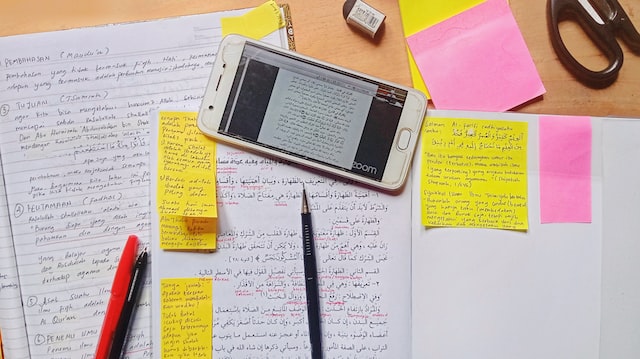Environmental Science Fair Projects: 30 Eco Friendly Ideas
It’s Science Fair Season once again! There are many science topics that kids can choose from, but we thought it might be useful to suggest some related to environmental science. There are plenty of great themes that can help students learn and share information with their peers and parents, such as Earth Day and Science Fairs. Here are some ideas:
Water Science Fair Projects:
1. What is the water cycle? [Create working models]
2. Where is fresh water sourced? [Do the demonstration at “Water, Water Everywhere”]
3. How can we make dirty water safe to drink? [Demonstrate different filtering techniques.]
4. Which countries are most affected by water shortages?
5. What are the main sources of water pollution? [Watch “Like Water and Oil”, and see how oil spillages affect water.]
6. What are water-borne illnesses and how can they impact public health?
Projects for the Air Quality Science Fair:
7. How does polluted atmosphere affect our health? [Show how pollutants affect the respiratory system.]
8. What does transport do to air quality? [Check out “Catching Pollution”].
Climate Change Science Fair Projects:
9. What is a greenhouse effect? [Create an example]
10. What is the impact of human activities on global warming?
11. What does ice core analysis tell us?
12. How does climate changes affect migration patterns and habitats for different species?
13. What will the global sea level rise mean for our planet? [Map showing the impacts of different sea level rises, and where they occur.]
Projects at the Biodiversity Sciences Fair:
14. What are invasive plants and how do they affect different ecosystems? [Use local examples from your region – your County Extension Office will be a good resource to help you research.]
15. How did we get medicines from different animals and plants?
16. What are the main threats to biodiversity?
Agricultural Science Fair Projects:
17. What are the advantages and disadvantages of genetically altered foods (GMOs), as compared to conventional food products?
18. Is it possible to feed the entire world with organically-grown foods?
19. What are the long-term and short-term effects of fertilizer commercial use on the soil?
20. Which diet is best for the environment and human health? [Calculate ecological footprints for various diets.]
21. How has the arable land been changed over time? What can this tell us about future cropland availability? [Use World Real Estate for historical data on changes in arable-land per person.]
22. What could climate change mean for crop yields around the world?
Science Fair Projects Utilizing Renewable Energy
23. How do solar cells work? How do solar panels work?
24. What is geothermal power and how can it be used?
Solid Waste Recycling Science Fair Projects:
25. What materials are the most efficient in landfills? Compost piles You can make compost piles.
26. Paper vs. What type of bag has a more detrimental effect on the environment and why?
27. How can daily habits and changes be made to reduce trash? [Experiment in “Waste A-Weigh”].
Projects on Population-Themed Science Fairs:
28. What is the carrying capability of a species? [Read “How many is enough?” To learn more about carrying capacity, click here
29. What are the differences in reproduction between different species? How does reproduction differ between species (ex.
30. What has the impact of these changes on ecosystems and how did they change?




0